Contents
Chishaku-in Temple
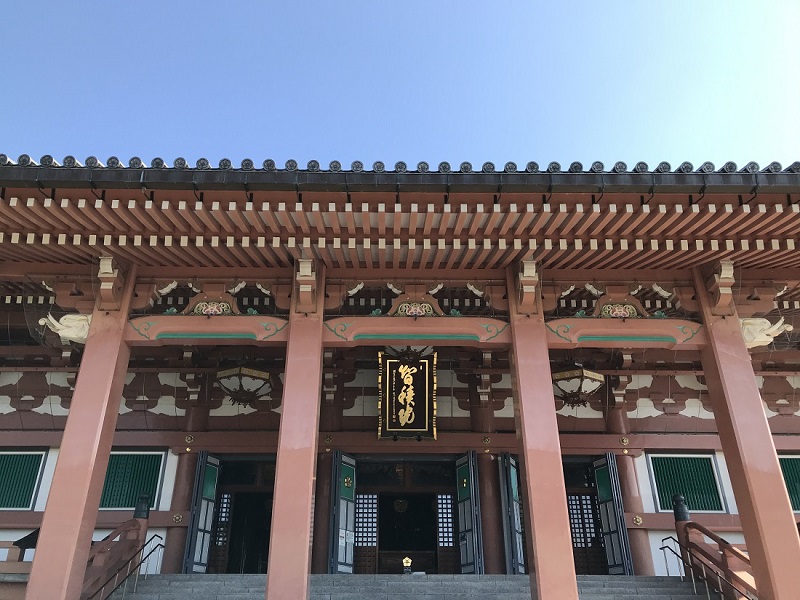
Chishaku-in Temple is the headquarters of the Chisan school of the Shingon Sect, whose main temples are Naritasan Temple, Kawasaki Daishi Temple and Takaosan Temple. The previous temple was Shoun-zenji Temple, which was built by Hideyoshi Toyotomi in 1591 to mourn the Tsurumatsu’s spilit who was born between Hideyoshi Toyotomi and Yodo-dono as the firstborn and died at the age of three.
History of Chishaku-in Temple
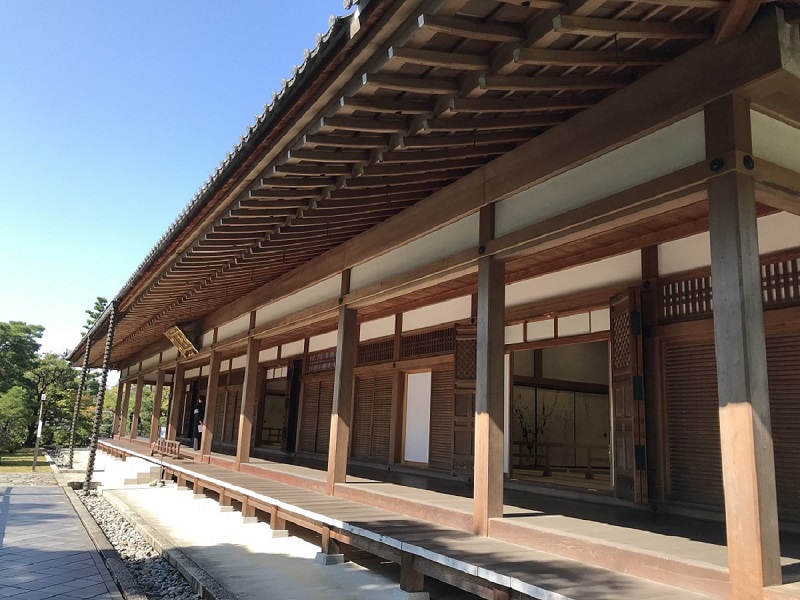
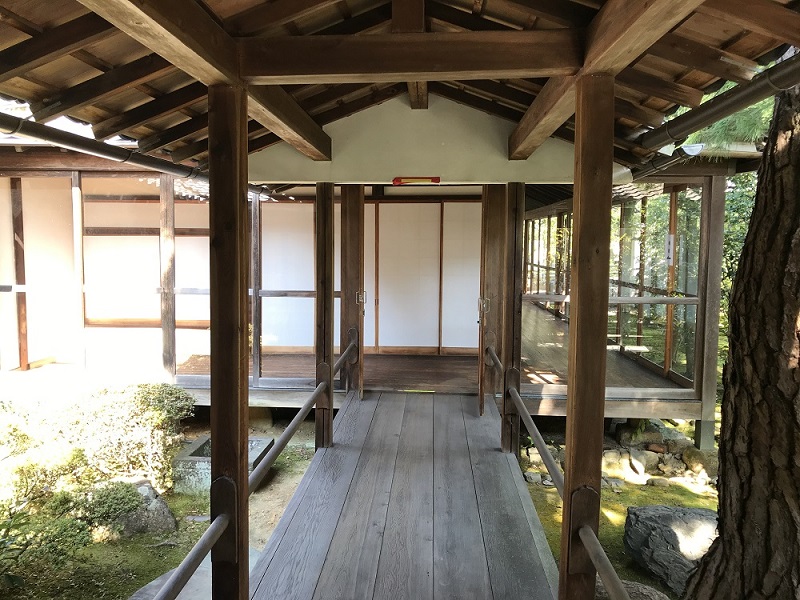
Chishaku-in Temple was one of the sub-temples in the Shingon Sect which was built by Kogyo Daishi Kakuban (1095-1143). The temple was located in Kishu Negorosan (the present Wakayama prefecture). There was a conflict with Hideyoshi Toyotomi and the temple went up in flames in 1585. Genyu who was the chief priest of Chishaku-in Temple at that time escaped to Mt. Koya and kept wishing for the reconstruction of the temple. Then, Ieyasu Tokugawa who won the Battle of Sekigahara gave him the current land in 1601 the following year, and his dream of rebuilding Chishaku-in Temple was fulfilled. After that, the temple grounds of Shoun-zenji Temple were also given to him and expanded in scale. The Temple has become a academy that delivers the doctrine of Shingon Sect which was founded by Kobo-Daishi Kukai.
National treasure : Wall paintings
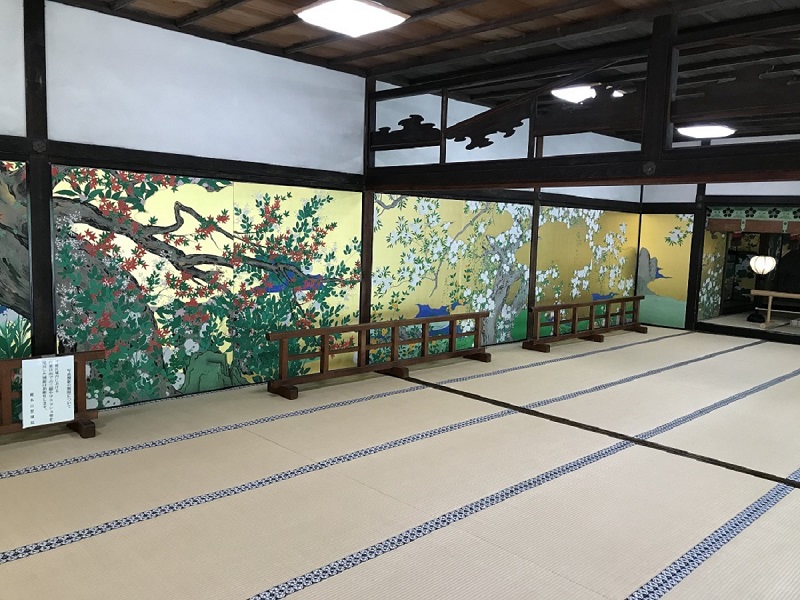
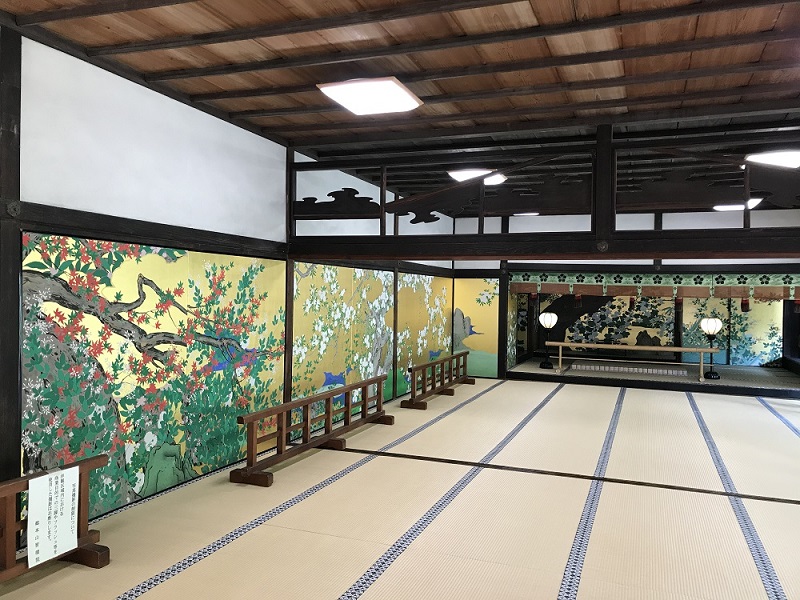
The temple has very gorgeous wall paintings created by Tohaku Hasegawa and his group. That paintings are representative of Momoyama culture that were displayed at Shoun-zenji Temple built by Hideyoshi. It is designated as a national treasure. This image is the replica displayed in Daisho-in House and you can take pictures freely.
Scenic garden
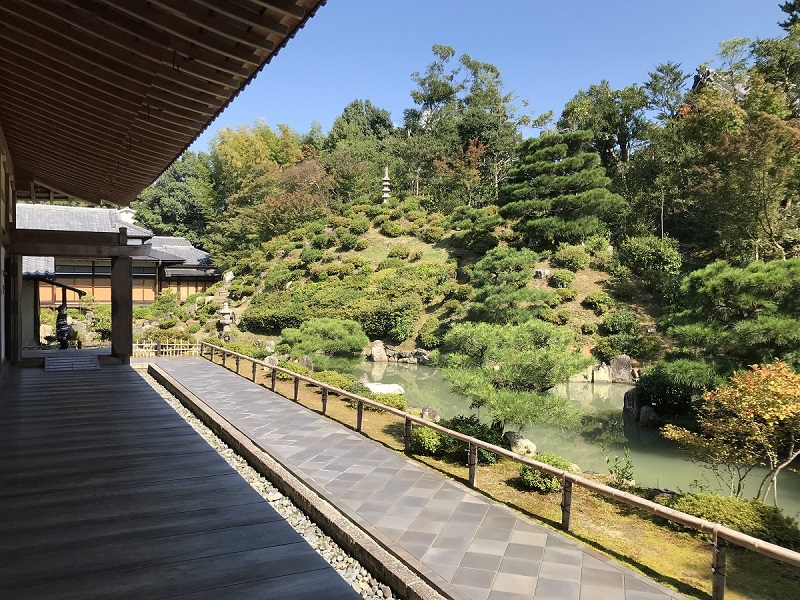
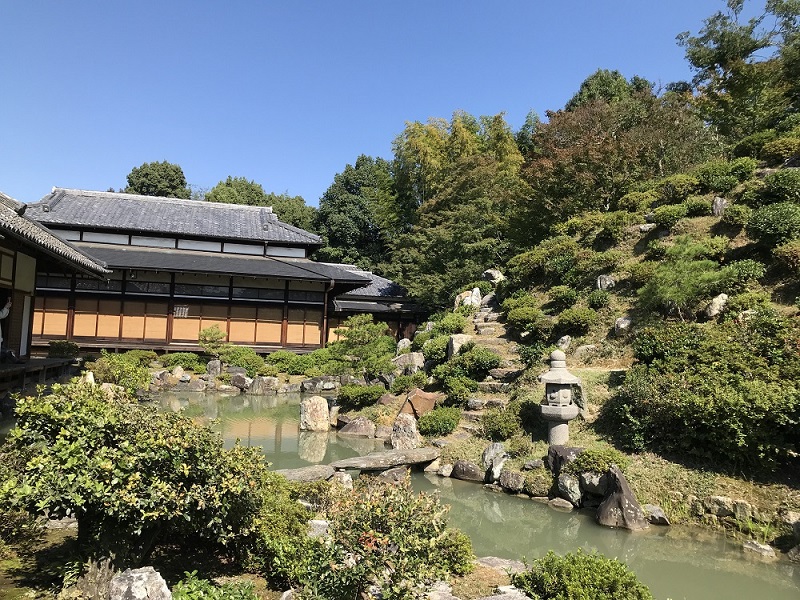
This garden was modeled after the view of Mt. Lu in China. In late May, azaleas are in full bloom, and you can enjoy the view of each season from the Daisho-in House.
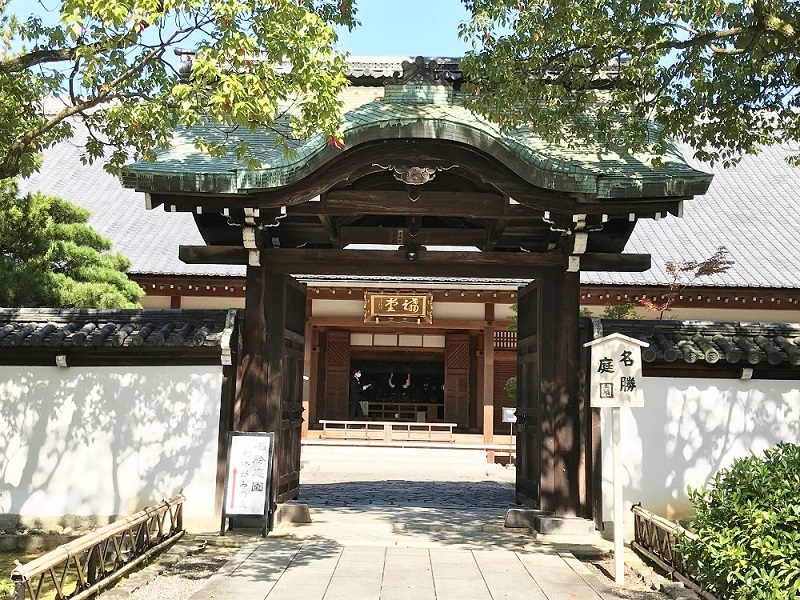
Myoo-den Hall
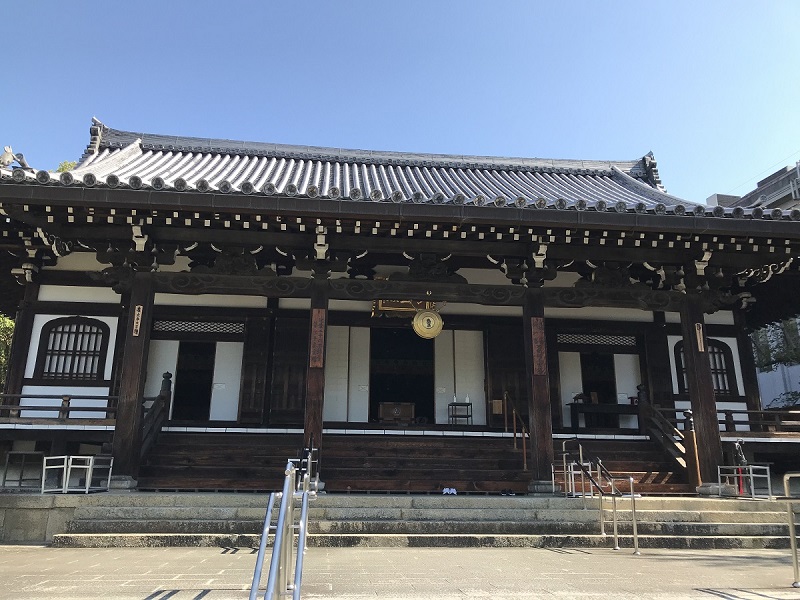
The principal image is Fudo Myoo. It was enshrined in the temple which was opened by Kogyo Daishi Kakuban in Kishu Negorosan (Wakayama prefecture). It survived the fire in 1585 and is enshrined in the Myoo-den Hall.
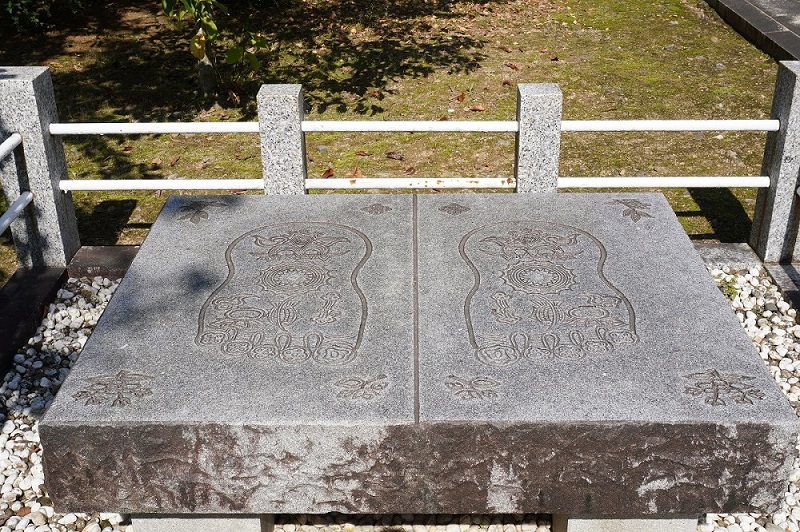
There are footprints of Buddha.
Access
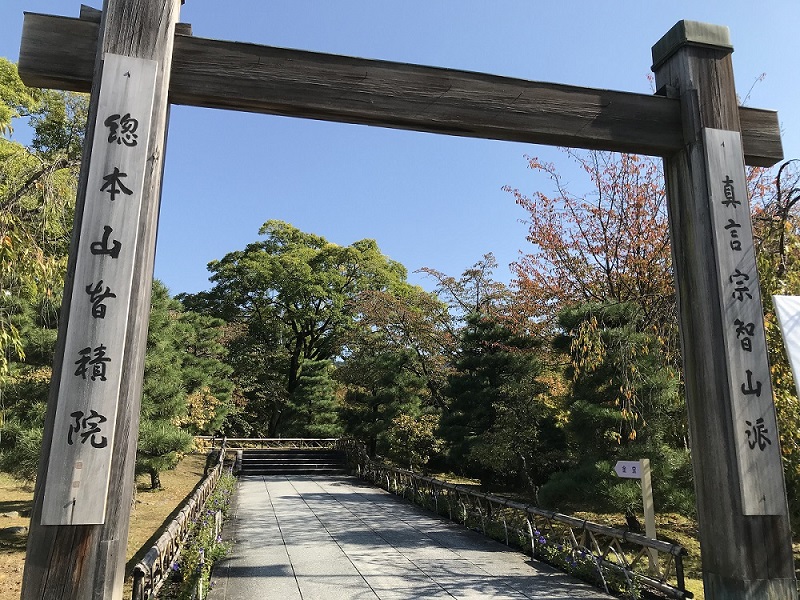
3 minutes walk from the city bus stop “Higashiyama Nanajo”.
Click here for information of Sanjusangen-do Temple.
Click here for information of Yogenin Temple.